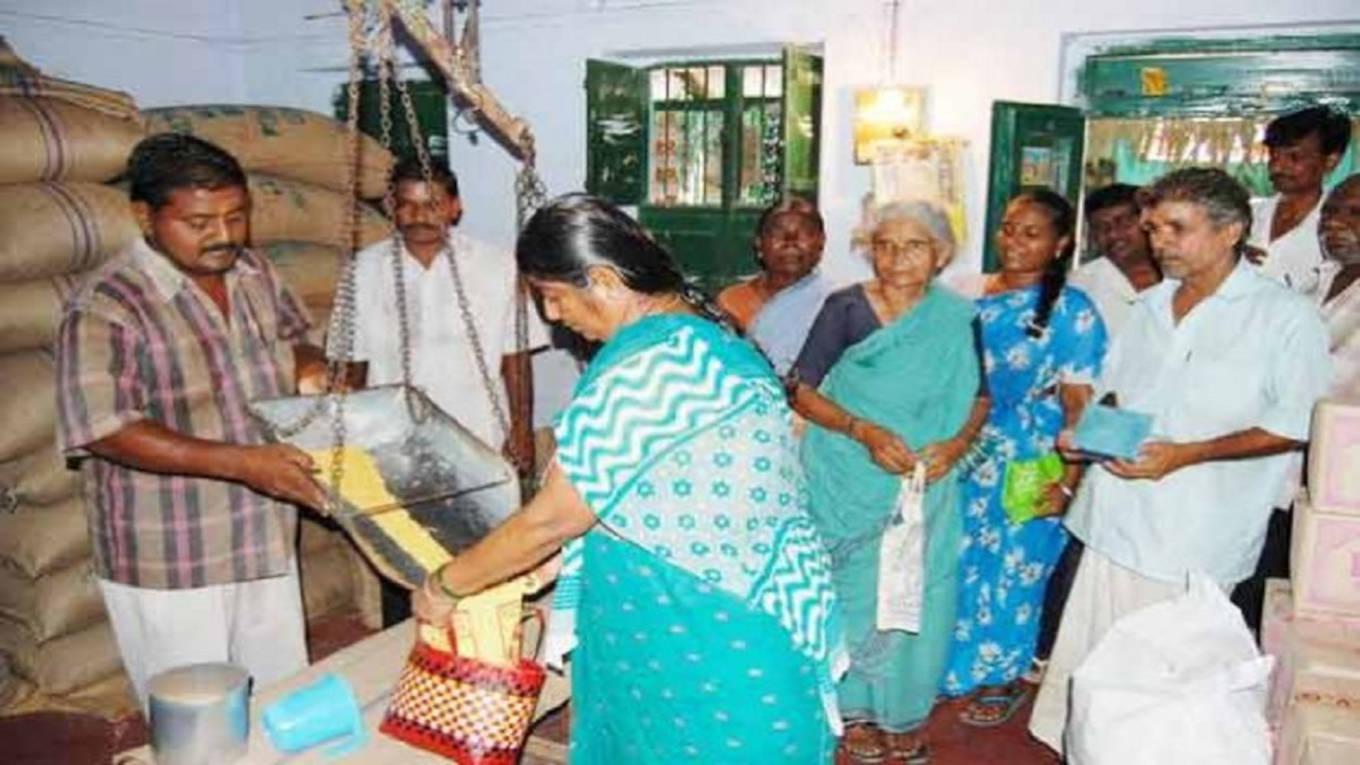Alarm bells have begun ringing in the finance ministry's Department of Expenditure (DoE) over the ballooning food subsidy bill and the department has warned that extending the Pradhan Mantri Garib Kalyan Anna Yojana (PMGKAY) beyond September will have serious consequences for the Centre's fiscal position. "In particular, it is not advisable to continue the PMGKAY beyond its present extension, both on the grounds of food security and on fiscal grounds," warns the department. The government is said to be worried about risks to its sovereign credit rating. India’s debt to GDP ratio, which stands at about 95 per cent, is significantly higher than the 60-70 per cent levels for other, similarly rated economies. Under the scheme, 5 kg of food grains (wheat, rice, coarse grain) is provided to each beneficiary each month free of cost. The beneficiaries are those covered under the National Food Security Act (NFSA), 2013. About 800 million beneficiaries are covered under the scheme and the quantity provided under it is over and above their entitlements under the NFSA. Recently, as part of efforts to ensure availability of wheat in the domestic market amid a forecast of reduced crop yield this year, the government increased allocation of rice and decreased that of wheat to beneficiaries under its free grains programme. The allocation of wheat has been reduced to 7.1 million tonnes from 18.2 mt, while rice allocation has been increased from 21.6 mt to 32.7 mt. For 2022-23, the government has budgeted for a fiscal deficit of 6.4 per cent of GDP. However, Fitch Ratings expects it to be 6.8 per cent, due to higher subsidies and revenue loss due to duty cuts. Reason for extension In March, the Modi government had extended the PMGKAY, the free food ration scheme rolled out during the Covid-led lockdown, for six months -- till September. “Though the Covid-19 pandemic has significantly abated and economic activities are gathering momentum, this PMGKAY extension would ensure that no poor household goes to bed without food during this time of recovery,” the government spokesperson said, giving the reason for extending the scheme. In the latest Union budget, the Centre allocated Rs2.07 trillion for food subsidies in the current fiscal year. The extension of PMGKAY till September increases the subsidy bill to nearly Rs2.87 lakh crore. If the government decides to extend the scheme further, it would cost the Centre another Rs80,000 crore for another six months, swelling the food subsidy amount for 2022-23 to Rs3.7 lakh crore. On top of that, if more tax cuts are implemented, it would adversely hit the fiscal math, according to DoE’s internal note. The Centre's recent decisions to extend free ration, hike fertiliser subsidy, reintroduce cooking gas subsidy, excise duty cut on petrol, diesel and cut in customs duty on edible oils have created a serious fiscal situation, the department said.
-

The extension of PMGKAY till September increases the subsidy bill to nearly Rs2.87 lakh crore

































